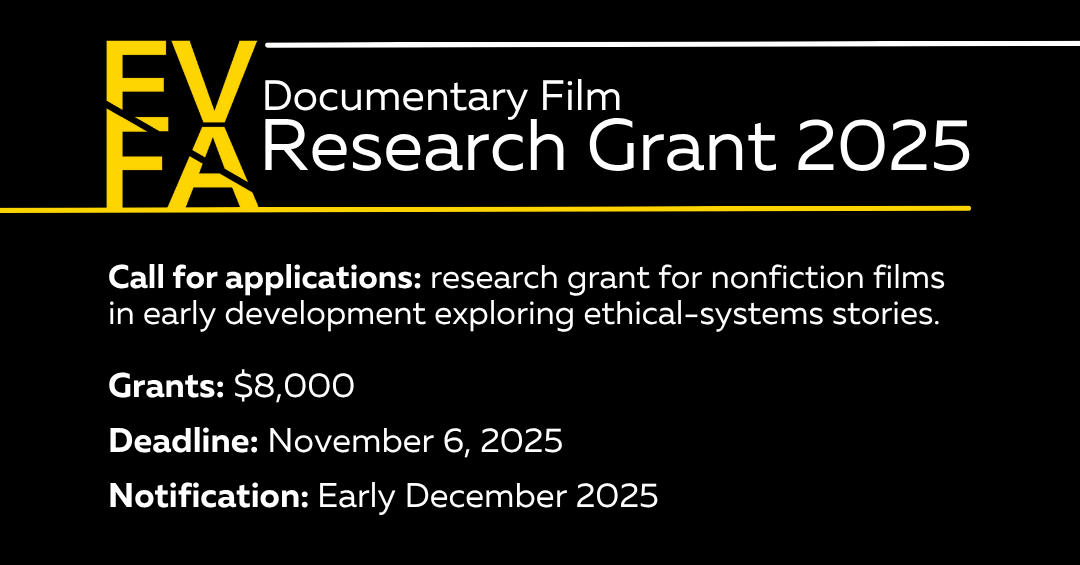Help transform billions of lives. Including yours.
Compassion in World Farming International is a powerful global movement dedicated to ending factory farming and radically changing our food systems to reduce reliance on animal protein, before it’s too late. With headquarters in the UK and offices throughout Europe, in the USA and China, we investigate and expose the true costs of factory farming and work with policy makers and leading food companies on game-changing welfare commitments to improve the lives of farmed animals.
We are recruiting for a Global Communications Officer to join our HQ Communications Team based in Godalming in the UK (with some home-based working – currently 3 days a week).
Location: HQ - Godalming, UK (Hybrid flexible working available, with at least 2 days in the office per week)
Job Type: Full-time; Permanent
Salary: £30,000 - £32,000 per annum
About the Role
The Global Communications Officer will help boost Compassion’s international media profile and campaigns through traditional media, social media, and other communication channels. You will generate international media coverage, use breaking stories to drive our campaigns and polices, sell-in stories, produce content across a range of channels, and be responsible for the monitoring and evaluation of our global media coverage. You will also help support the coordination of the media work in our country offices and take part in our out-of-hours on-call rota.
About You
This post requires a passionate, confident and creative communications professional who works well in a team. You will need some previous experience in a busy press office or newsroom, a keen news sense, excellent writing skills, an eye for detail, and be able to work to tight deadlines. A good understanding of both traditional media and social media is essential, including basic graphic and video creation for social. Candidates should also possess a keen interest in animal welfare and environmental issues. A second language, in addition to English, would be an advantage as you will be working closely with our teams across Europe and beyond.
To Apply:
If you are passionate about animal welfare and have the skills and experience to excel in this role, we would love to hear from you. Please submit your CV and a cover letter, outlining how you meet the Person Specification detailed in the job description. Please note that we reserve the right to commence interviews on a rolling programme.
Closing date: 5.30pm Tuesday 26th November 2024
1st stage interviews (Teams): Thursday 5th and Friday 6th December 2024
2nd stage interviews (In Person): Tuesday 10th December 2024
No Agencies please.
Compassion in World Farming International is absolutely committed to providing equal opportunities for everyone regardless of their background. We value diversity and experience, and acknowledge the underrepresentation of people from certain backgrounds, both within our organisation and across the sector. We welcome applications from underrepresented groups, whether these be of ethnicity, gender, identity, religion, physical ability, sexual orientation or other.
To comply with legal requirements, as part of our selection procedure we ask all potential employees to prove their eligibility to work in the UK.



